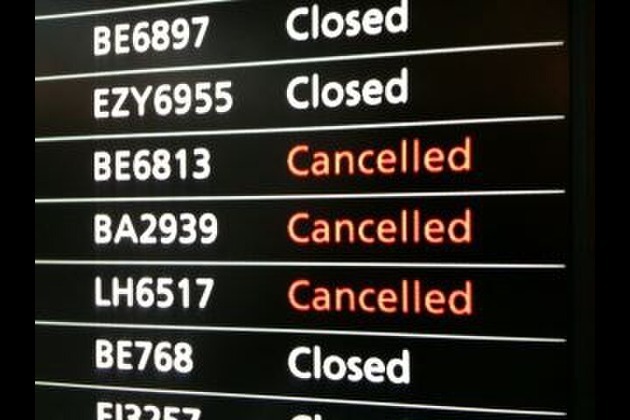Move FM Global News

Flights canceled as Israel-Iran conflict shuts Middle East skies
Jun 17, 2025SEOUL/LONDON: A wave of flight cancellations and diversions swept across the airline industry on June 13 after Israel launched strikes on Iranian military and nuclear sites, triggering a cascade of airspace closures across the Middle East.
The rapidly unfolding events forced carriers to reroute aircraft, suspend services, and ground planes as airlines scrambled to adapt to the escalating conflict. The impact was felt worldwide, straining operations and further tightening key flight corridors already congested due to the war in Ukraine.
Tel Aviv’s Ben Gurion Airport shut down while Israeli defense units braced for retaliation. Israeli carrier El Al halted flights, along with Air France-KLM, Ryanair, and Wizz Air. Wizz said it was rerouting impacted flights for the next 72 hours. Local carriers, including Israir and Arkia, began moving planes out of Israel.
According to Israel, the military action targeted Iran’s ballistic missile infrastructure, nuclear facilities, and senior military personnel. Tehran has not confirmed the extent of damage, but airspace closures across Iran, Iraq, and Jordan followed swiftly.
Data from FlightRadar showed the skies over those countries nearly empty, with aircraft being redirected over Saudi Arabia and Egypt. Jordan shut its airspace hours after the Israeli campaign began, and Iraq suspended all flights early Friday. Iran’s closure remains in effect “until further notice,” state media said.
According to Eurocontrol, June 13 affected more than 1,800 flights to and from Europe, including 650 cancellations. With both Russian and Ukrainian airspace already blocked, the Middle East has become an increasingly vital route for long-haul flights between Europe and Asia.
“Traffic is now diverting either south via Egypt and Saudi Arabia or north via Turkey, Azerbaijan, and Turkmenistan,” said OPSGROUP’s Safe Airspace platform, which monitors global flight risks.
Global airlines with key routes over Iran and Iraq adjusted quickly. Air India said several U.S. and UK-bound flights were diverted or returned to origin. Lufthansa suspended Tehran-bound flights and is avoiding Iranian, Iraqi, and Israeli airspace. Emirates and Qatar Airways canceled services to Iraq, Iran, Jordan, Syria, and Lebanon.
The upheaval rattled aviation stocks. Shares in British Airways parent IAG fell 4.6 percent, Delta dropped 4 percent, and Ryanair slid 3.5 percent. The conflict also spiked oil prices, raising concerns about rising jet fuel costs.
Russia’s civil aviation authority ordered all carriers to stop flying over Iran, Iraq, Jordan, and Israel until June 26. It also banned flights to Israeli and Iranian airports. FlyDubai canceled 22 flights from Russia to Dubai scheduled for June 13 and June 14.
The current crisis comes amid a broader rise in aviation risks. Since 2001, six commercial aircraft have been unintentionally shot down, and three others narrowly missed, according to Osprey Flight Solutions. The skies over Eastern Iraq—typically packed with Europe-Gulf flights—now sit eerily quiet.


